Student journalism is a building block of media freedom, says Index CEO
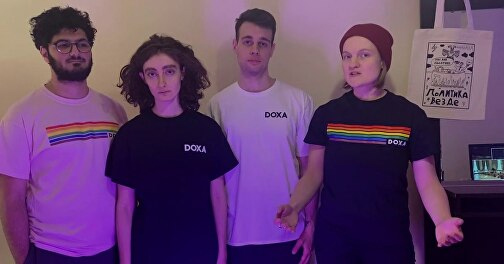

Student journalism is a building block of media freedom, says Index CEO
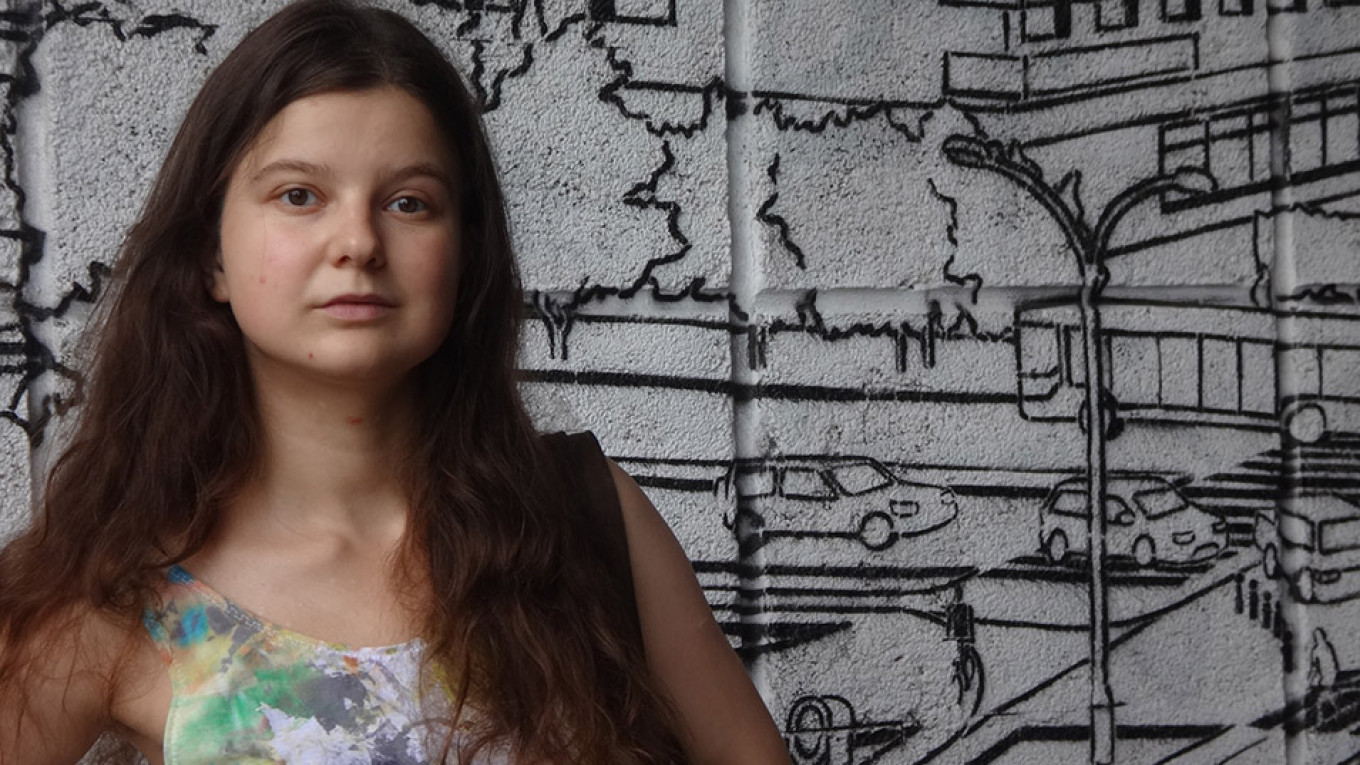
Award-winning artist faces six years in jail for her work promoting body positivity and women’s rights
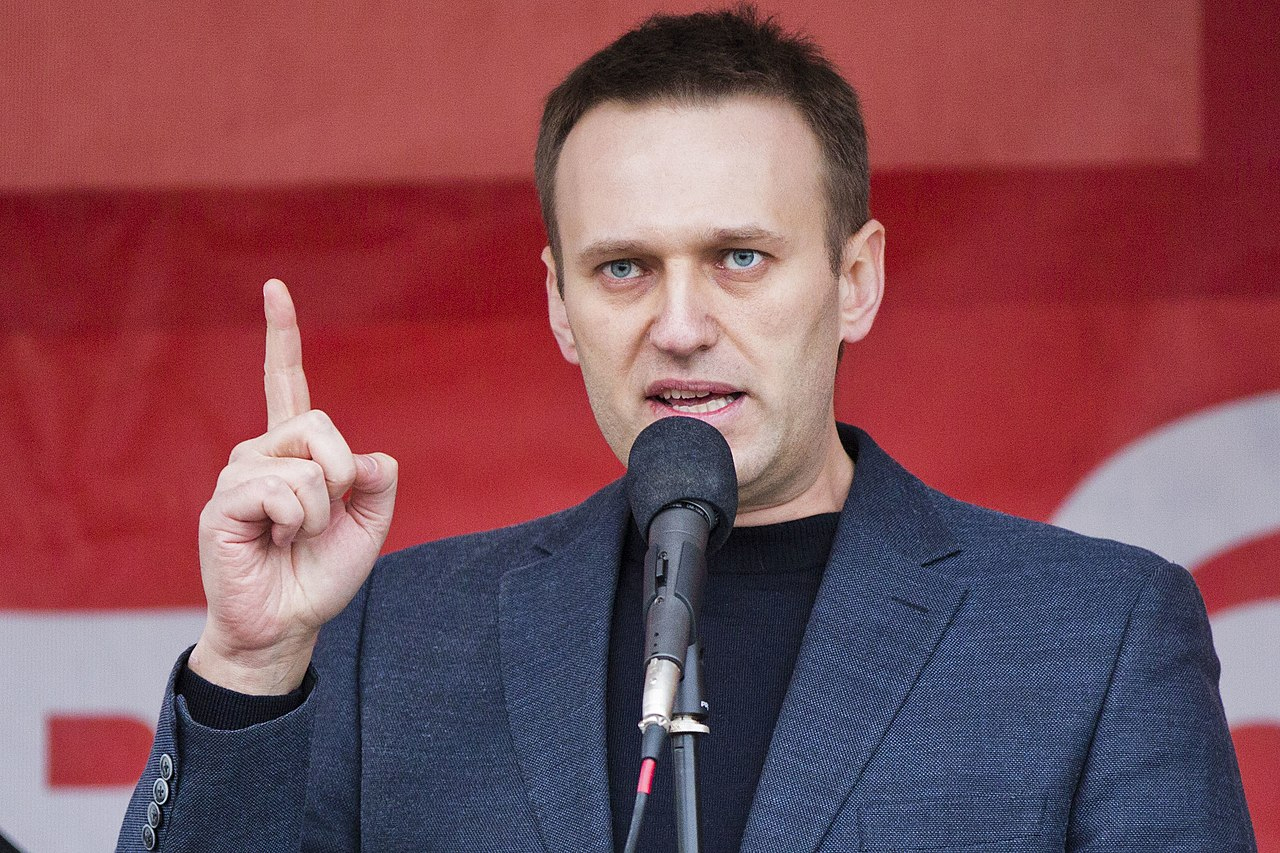
Putin critic has been sent to a Russian penal colony following his show trials
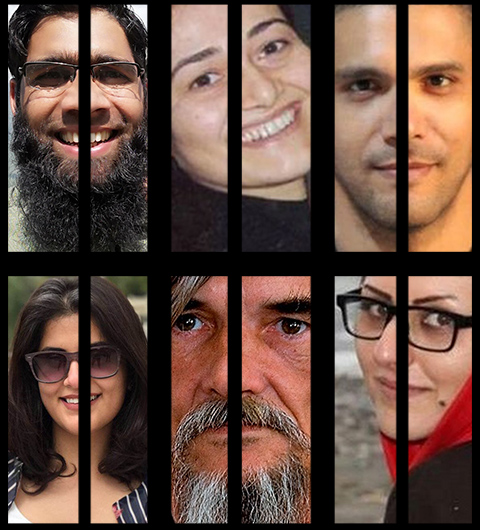
We revisit the six activists and journalists currently in jail and call for your messages of support
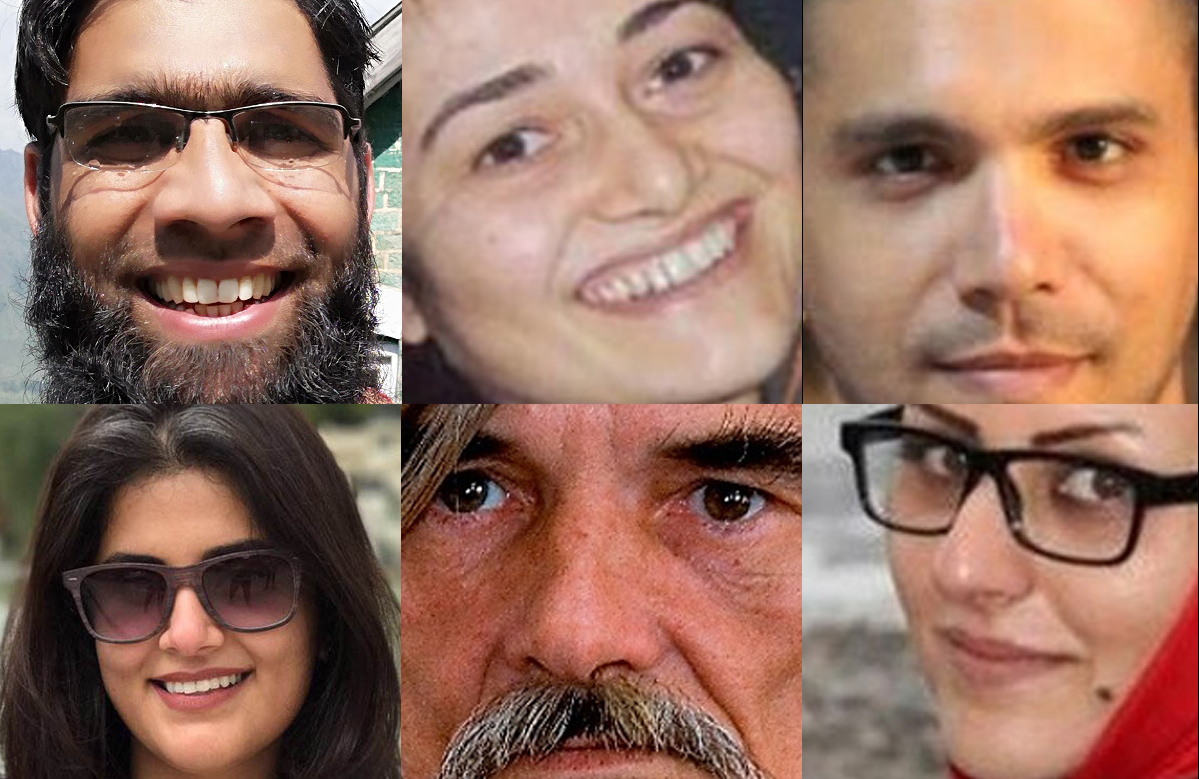
Join us in sending messages of support to six human rights activists and journalists around the world who are #JailedNotForgotten
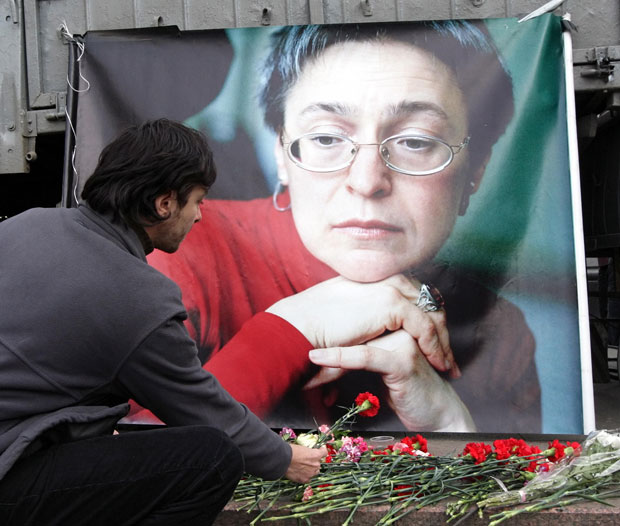
Governments and the EU must take a stronger stand for media freedom, a new Index report on media freedom in Azerbaijan, Belarus, Russia, Turkey and Ukraine argues
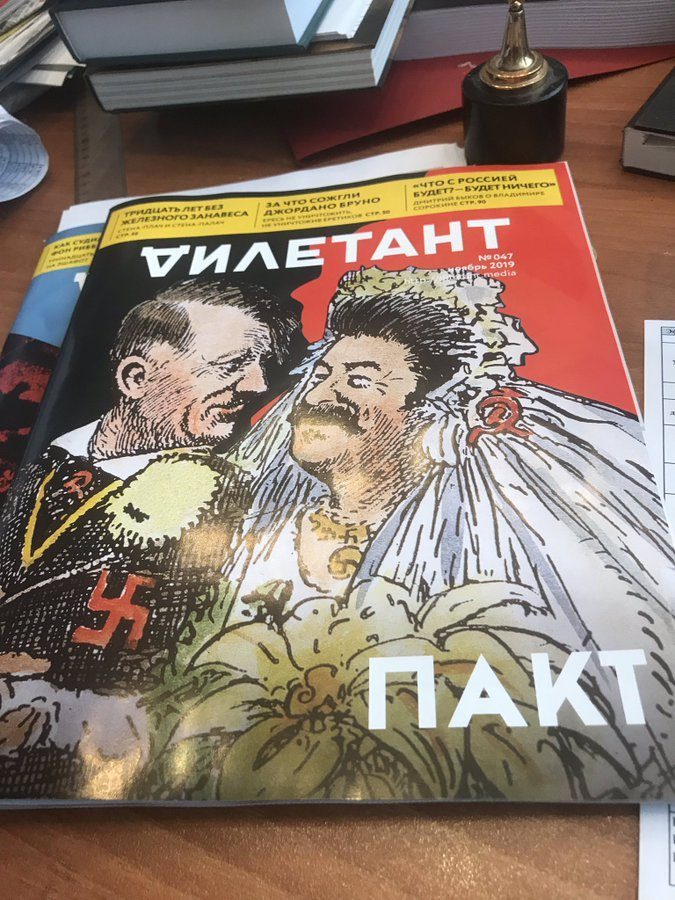
There were 21 incidents in Russia in October 2019 recorded by Index’s monitoring project.

There were 14 incidents in Russia in September 2019 recorded by Index’s monitoring project.

There were 27 incidents in Russia in August 2019 recorded by Index’s monitoring project.
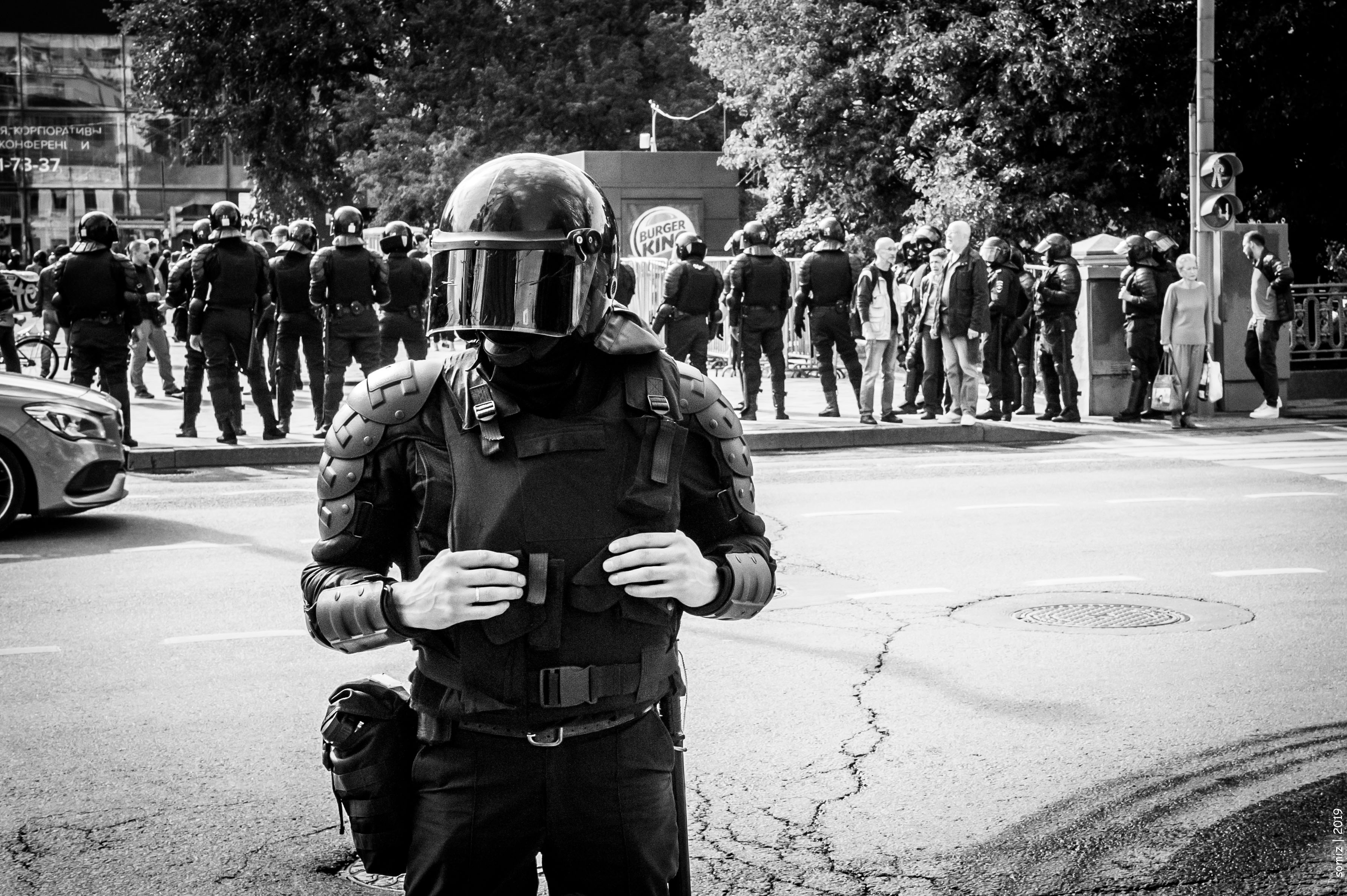
A coalition of eight media freedom and journalists’ organisations are calling on Russian authorities to immediately stop the harassment of journalists who have been covering the recent protests in Moscow.